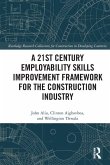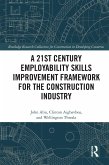
A 21st Century Employability Skills Improvement Framework for the Construction Industry (eBook, PDF)
eBook, PDF
30. April 2021
Taylor & Francis eBooks
eBook, ePUB
30. April 2021
Taylor & Francis eBooks
Ähnliche Artikel
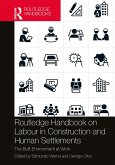
eBook, PDF
12. Dezember 2023
Taylor & Francis eBooks
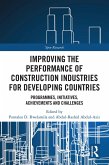
eBook, PDF
21. Dezember 2020
Taylor & Francis eBooks
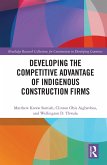
eBook, PDF
21. Juli 2021
Taylor & Francis eBooks
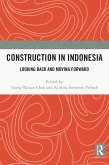
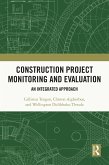
eBook, PDF
26. April 2021
Taylor & Francis eBooks
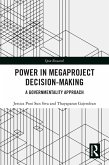

eBook, PDF
20. Juli 2023
Taylor & Francis eBooks

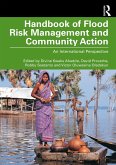
eBook, PDF
8. Dezember 2023
Taylor & Francis eBooks
Ähnlichkeitssuche: Fact®Finder von OMIKRON

